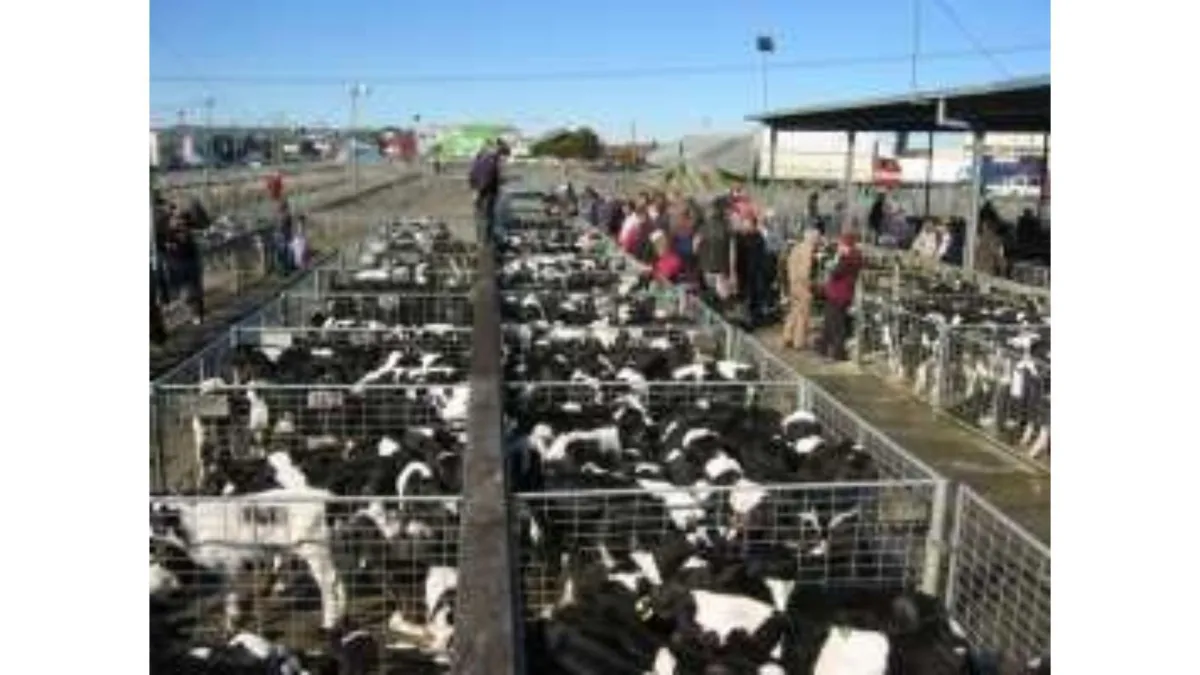
Coccidia in calves
If you have calves with diarrhoea that includes blood, don’t jump to conclusions. While coccidiosis is one possible cause, it’s essential to involve your vet early to confirm the diagnosis. Bloody scours can also be caused by bacterial infections, Salmonella, or severe cases of cryptosporidiosis, and each requires a different approach to treatment.
What is Coccidiosis?
Coccidiosis is caused by a protozoan parasite called Eimeria, which multiplies in the lining of the calf’s intestine. When numbers build up rapidly, they damage the gut, leading to diarrhoea, blood in the faeces, weight loss, and, in some cases, death.
Coccidia are always present in the environment, but problems tend to occur when conditions favour their spread — particularly when calves are overcrowded, stressed, or kept in damp, dirty areas where faecal contamination has built up over time.
Risk Factors for Coccidiosis
Poor hygiene in sheds and pens
High stocking rates or overstocked calf rearing areas
Rearing successive batches of calves on the same ground without a break
Stress from transport, weaning, or poor nutrition
Lack of colostrum protection or weak immune systems
While coccidiosis is most commonly seen in calves aged 4 to 6 weeks, outbreaks can also occur in yearlings, especially if they are under stress or in poor condition. If your yearlings are not thriving or show signs of scouring, it's worth having your vet check for internal parasites, including coccidia.
Diagnosis and Treatment
A confirmed diagnosis is critical before starting treatment. Your vet will usually recommend a faecal sample to look for coccidial oocysts. Treatment may include sulphonamide drugs or other anticoccidial medications, but these should only be used when necessary. Blanket treatment of all calves without a confirmed diagnosis is discouraged.
Prevention Through Good Management
The best defence against coccidiosis is not medication, but good husbandry:
Clean and disinfect calf sheds and equipment between seasons
Avoid rearing calves on contaminated ground or rotate paddocks to allow time for natural die-off of oocysts
Ensure all calves receive good-quality colostrum within the first few hours of life
Avoid stress and keep stocking rates low
Provide dry bedding and proper drainage in pens
Feed calves well to support their immune system
In most cases, coccidiosis can be prevented through attention to hygiene and by avoiding overcrowding. Letting paddocks rest between calf batches can significantly reduce infection pressure.
If you’re unsure whether coccidiosis is a problem on your block, talk to your vet. They can help set up a simple monitoring and prevention programme tailored to your situation.

